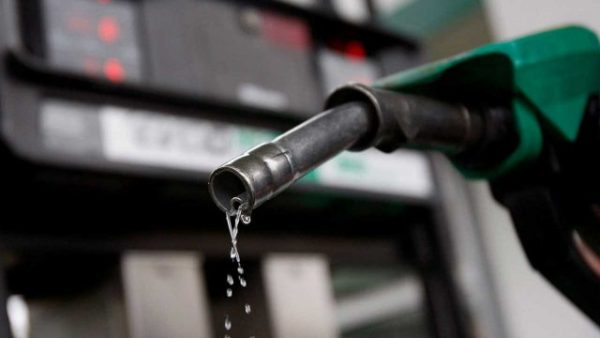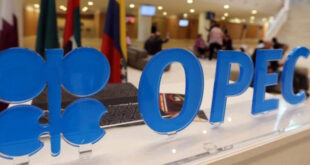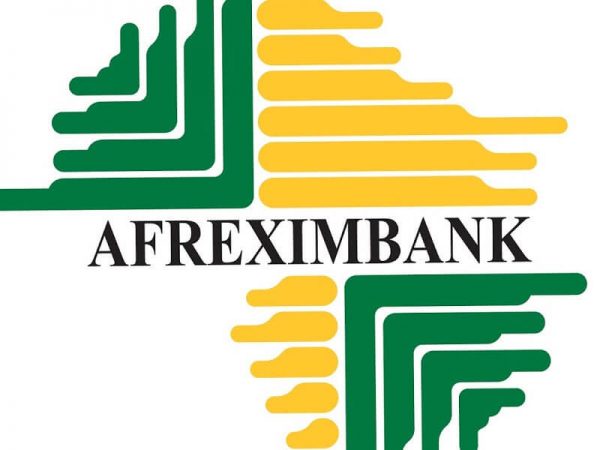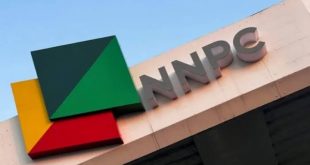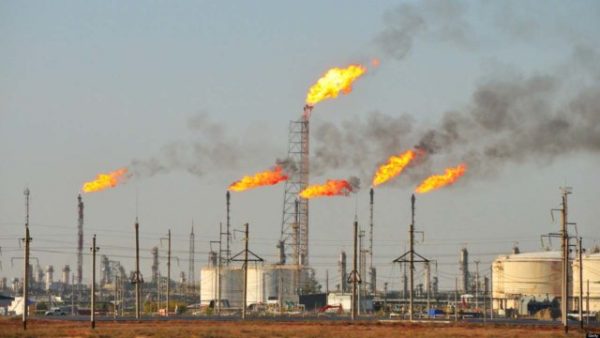The Federal Government’s N1.9 trillion seven-month expenditure on petrol subsidy has severe impact on the economy, especially on the country’s fiscal sustainability, a member of the Central Bank of Nigeria (CBN)-led Monetary Policy Committee (MPC), Prof. Adenikinju Festus has said.
In his personal note at the last MPC Meeting in Abuja, he said petrol subsidy has been a perennial problem of the Nigerian economy and has gotten to a level where it is a danger to the country’s fiscal sustainability.
He said that between January and July 2022, Nigeria paid N1.9 trillion on subsidy that benefitted mainly the rich Nigerians, and the citizens and governments of neighbouring countries.
Another member of MPC, Robert Asogwa, said that fiscal risk remains elevated on the back of worsening government debt scenario with poor fiscal revenues similar to the situation at the last two MPC meetings.
According to his personal notes, the CBN’s staff half year economic review for 2022 showed a significant rise in government expenditure and an underperformance in revenue generation which increased the size of deficits and total debt stock.
Asogwa explained that as oil revenues decline further because of the increasing oil thefts in the Niger Delta region and with non- oil tax revenues still exhibiting sluggish growth patterns, the fiscal outlook became even more scary.
For now, a transparent expenditure rationalisation strategy is imperative, while aiming for a prudent debt level. This will also be socially preferable rather than attempts to either broaden the tax base or impose additional burden on those already in the tax net,” she said.
According to her, two other challenges of the economy relate to ballooning fiscal deficit and the associated unsustainable public debt (internal and external) and foreign exchange market crisis.
“The performance of the Federal government’s budget for some time now elicits deep concerns. It showed a significant rise in government expenditure and underperformance in revenue generation, which increased total debt stock and fiscal deficit,” he said.
As at the end of the first half of 2022, the realised revenue of the government was N2.26 trillion, which was 50.1 per cent of the budgeted revenue for the same period, while N6.4 trillion was spent. Hence, fiscal deficit for the first half of the year rose by 59.1 per cent from the projected N2.6 trillion to N4.1 trillion.
Consequently, in the first half of 2022, Nigeria’s total public debt stock expanded year-to-date by 8.2 per cent to N42.85 trillion (US$103.3 billion), from N39.56 trillion (US$95.80 billion) recorded in December 2021.
“Total debt service is also ballooning to unsustainable levels, from N1.433 trillion in the first half of 2021 to N1.883 trillion in the first half of 2022. What seems to be clear is that the country is facing high fiscal sustainability risks from low revenues, rising debt servicing costs and crowding-out of capital expenditure,” he stated.
 MMS PLUS NG – Maritime, Aviation, Business, Oil and Gas News Online Newspaper with coverage in Maritime, Oil and Gas, Aviation, Power and Energy as well as Financial News
MMS PLUS NG – Maritime, Aviation, Business, Oil and Gas News Online Newspaper with coverage in Maritime, Oil and Gas, Aviation, Power and Energy as well as Financial News

